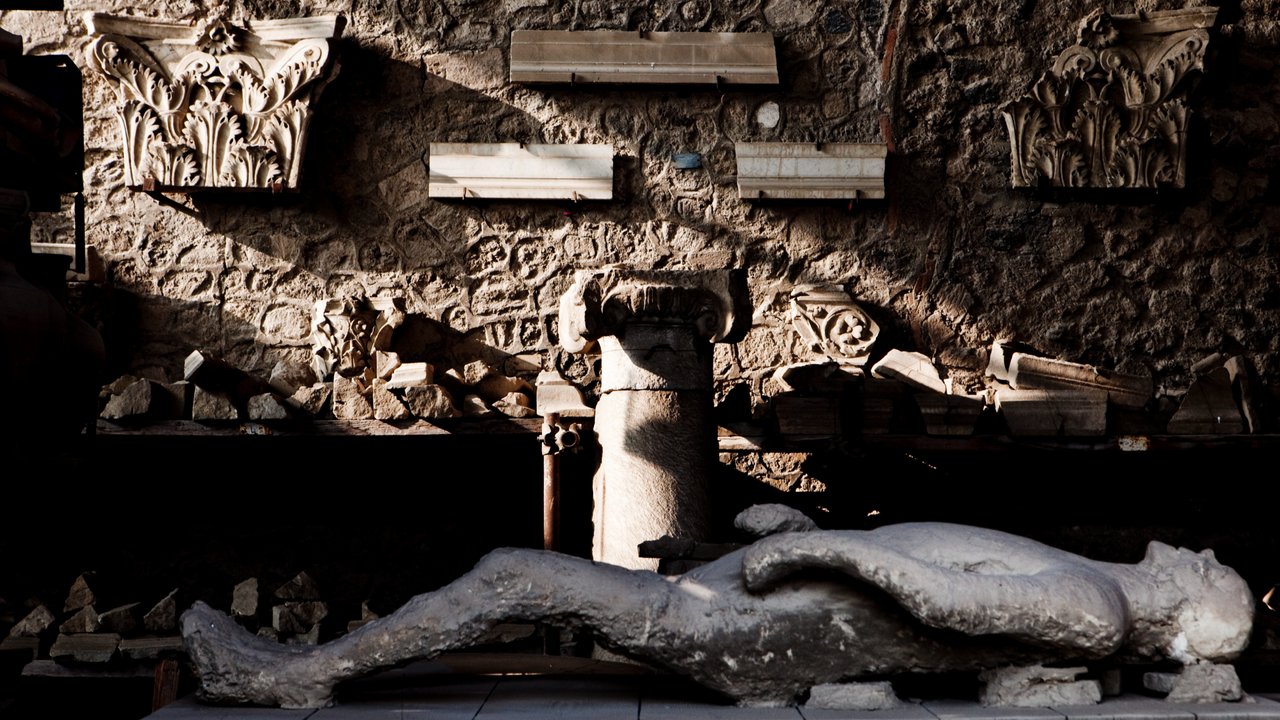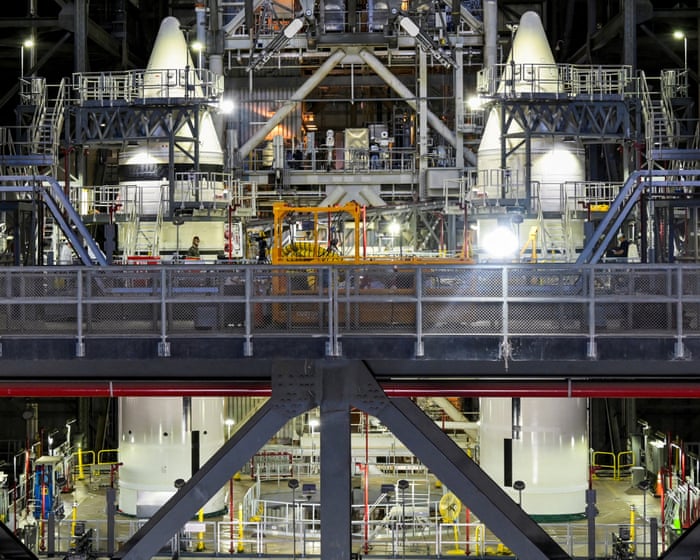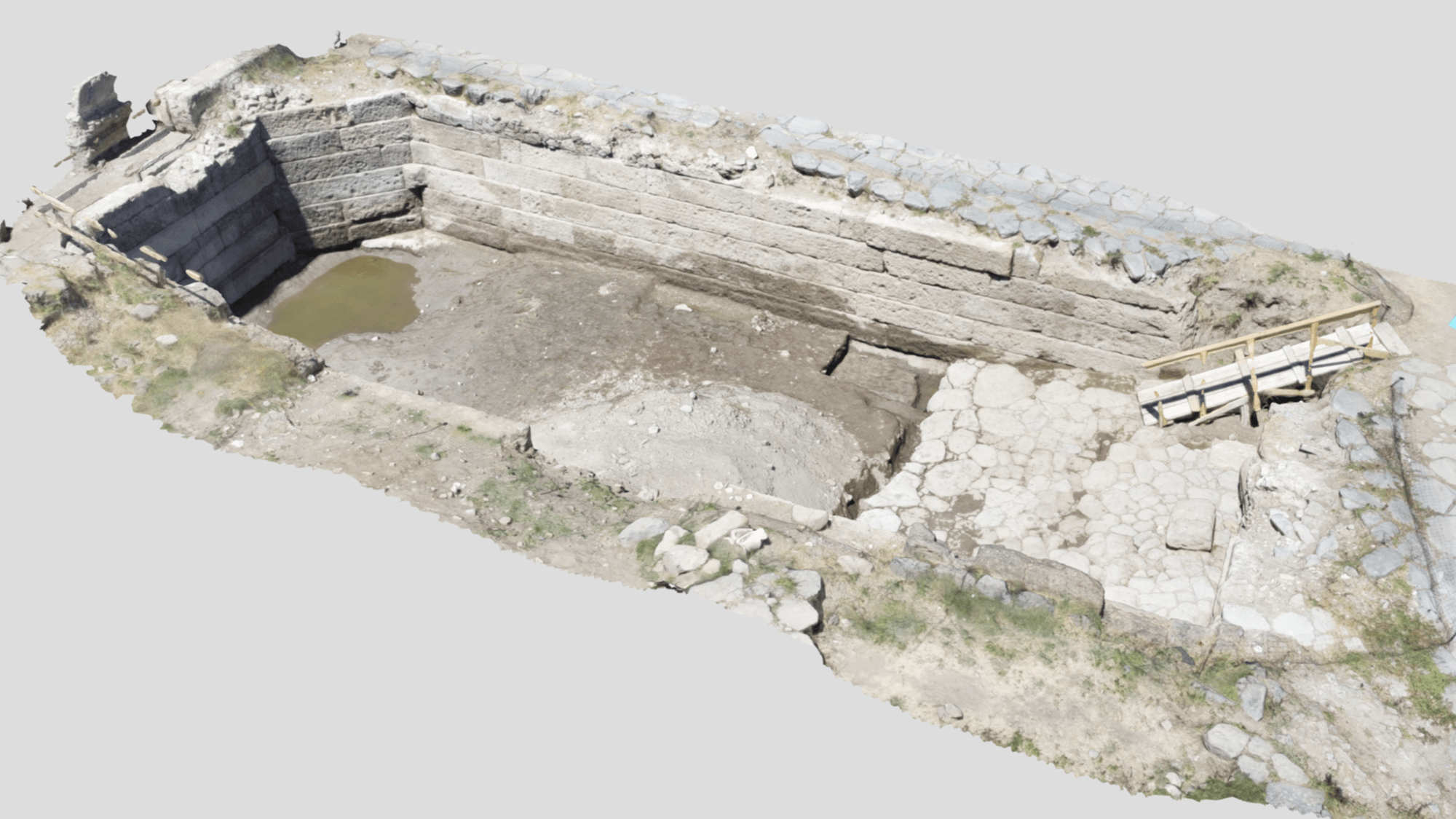'It's really an extraordinary story,' historian Steven Tuck says of the Romans he tracked who survived the AD 79 eruption of Mount Vesuvius
PositiveScience

Historian Steven Tuck has uncovered a remarkable story about the survival of Romans during the catastrophic eruption of Mount Vesuvius in AD 79. His research reveals that not only wealthy individuals escaped the disaster, but also hundreds of middle-class and even impoverished people, many of whom left behind records of their experiences. This discovery is significant as it challenges previous narratives about the eruption, highlighting the resilience of ordinary people in the face of tragedy.
— Curated by the World Pulse Now AI Editorial System





